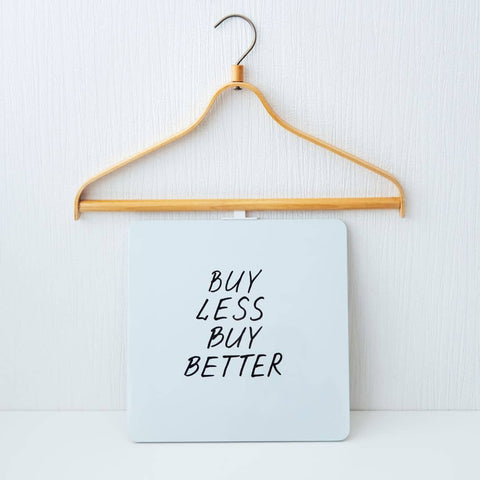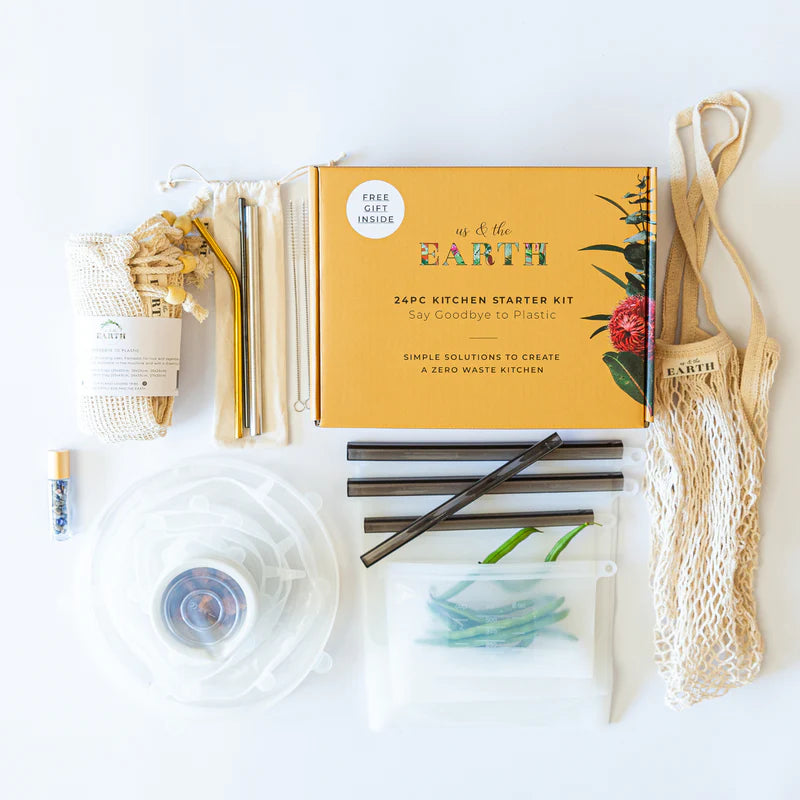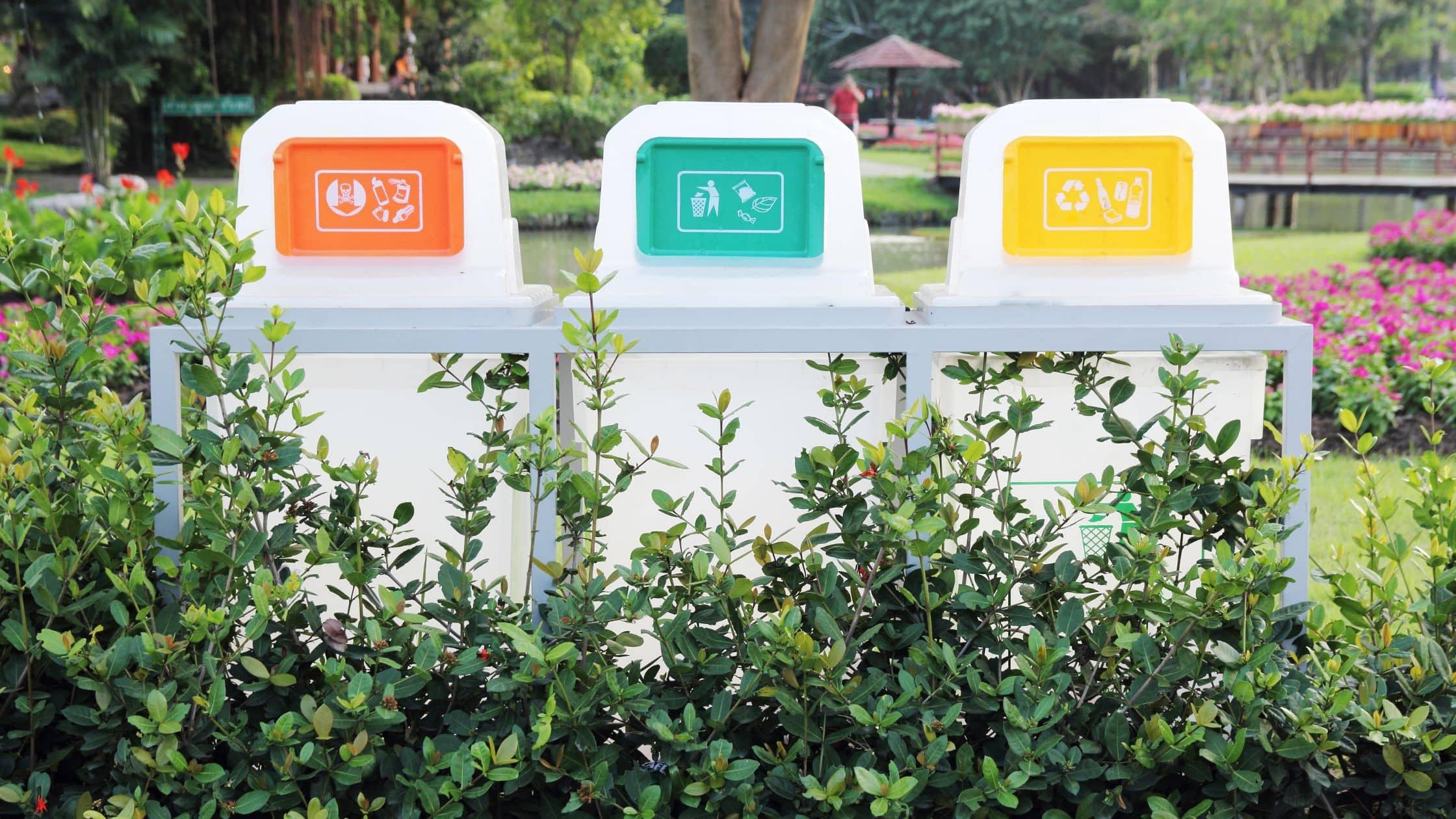You may not have heard it but ‘wishcycling’ is a thing!
A newer term on the block, it refers to the act of tossing items in the recycling bin, hoping that they will be recycled, even if they are not accepted materials in the recycling stream.
I SEE THIS ALL THE TIME AND HAVE BEEN OBSERVED BY NEIGHBOURS PULLING THINGS OUT OF ONE BIN AND PUTTING IT IN THE CORRECT BIN- annoying!!
So, what's the difference between Wishcycling and Recycling?
RECYCLING
is the process of taking materials that would otherwise be discarded and turning them into new products. When we recycle, we ensure that the items we dispose of are sent to the right facilities, where they can be sorted, cleaned, and turned into new items.
WISHCYCLING
On the other hand, ‘wishcycling’ is when people toss anything and everything into the recycling bin, hoping that it will be recycled, even if it's not accepted in the recycling stream. This often happens because people are unsure about what is recyclable or not and assume that anything made of plastic, metal, or glass can be recycled.
No judgement people - you don’t know what you don’t know right?
Wishcycling might seem like a good idea, but it can cause more harm than good. These can contaminate the recycling process. For instance, if a plastic bag is thrown in with the recycling, it can jam the machinery that sorts the materials. Additionally, if there are too many contaminants in the recycling stream, the entire batch may be rejected and sent to the landfill OR shipped offshore to a developing country.
And we don’t want that!
The best way to reduce waste is by following the three Rs - Reduce, Reuse, and Recycle.
Before you toss something in the recycling bin, just check if it's accepted in your local recycling program. You can usually find this information on your city or town's website.
Items frequently found in kerbside recycling bins that should not be there include:
- Plastic bags
- Printer cartridges
- Broken glassware or mirrors or glass from a photo frame
- Batteries
- Clothing and other textiles
- Food containers with food in them.
- Building materials, like pieces of timber or bricks
- Paper towels ( yep! Who would have thought?)
- Pizza boxes
Let's strive to be better recyclers by only recycling accepted materials and reducing our overall waste as much as possible.
Here are some tips on how to make recycling easier for everyone:
 |
- Reduce the buying of items that can't be recycled - THIS IS KEY!!!
|
 |
- Download the RECYCLE MATE app. It is amazing! Take photos of common objects and learn how to recycle or other option to keep it being used.
|

|
-
Provide clear and concise instructions: Whether you're recycling at home, work, or school, make sure that recycling bins are clearly labelled with instructions on what can and cannot be recycled. Use pictures or symbols to make it easier for children and adults who have trouble reading.
|

|
-
Simplify the process: If you have the bins in your kitchen or garage then it becomes a habit. All the family knows where things go. Make sure the bins are not too small or hard to reach.
|

|
-
Set a good example: Children love to learn! Make it fun and make sure you're setting a good one. Demonstrate the importance of recycling by recycling in front of them and explaining the benefits.
|

|
-
Get creative: Recycling can be fun and creative! Encourage children to use recycled materials for art projects, such as creating a collage or building a cardboard castle.
|

|
-
Make it a game: Turn recycling into a game by setting up a scavenger hunt for recyclable materials or having a contest to see who can collect the most recyclables.
|

|
- Educate: Be an advocate and a voice in your office if you see that there is room for improvement. Business and corporates need to do better
|

|
-
Partner with your community: Partner with your community to make recycling easier. Consider setting up a recycling program at your local school, work, or community center. Work with local government to increase access to recycling and provide education on how to recycle correctly.
|


























Leave a comment
This site is protected by reCAPTCHA and the Google Privacy Policy and Terms of Service apply.